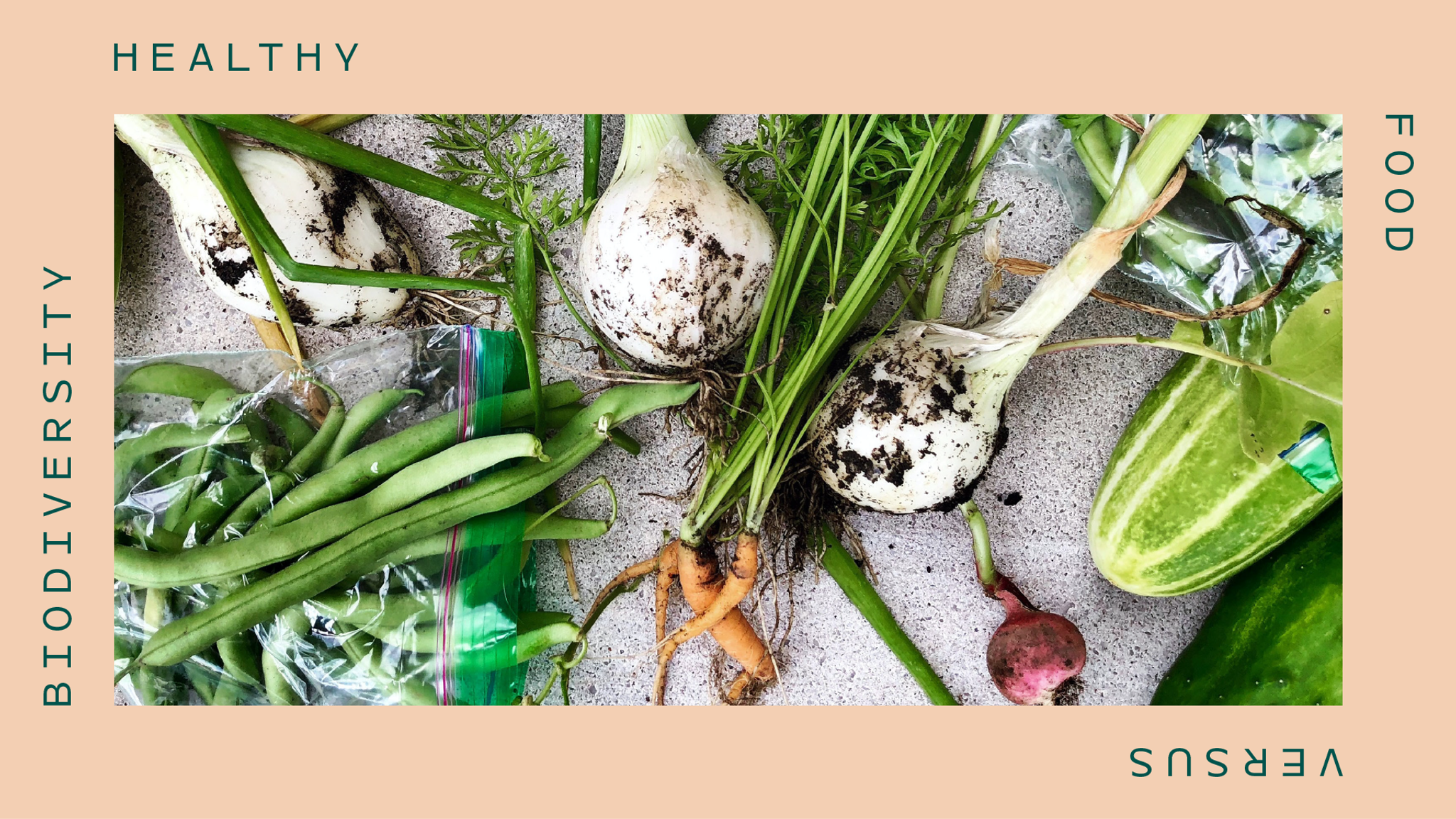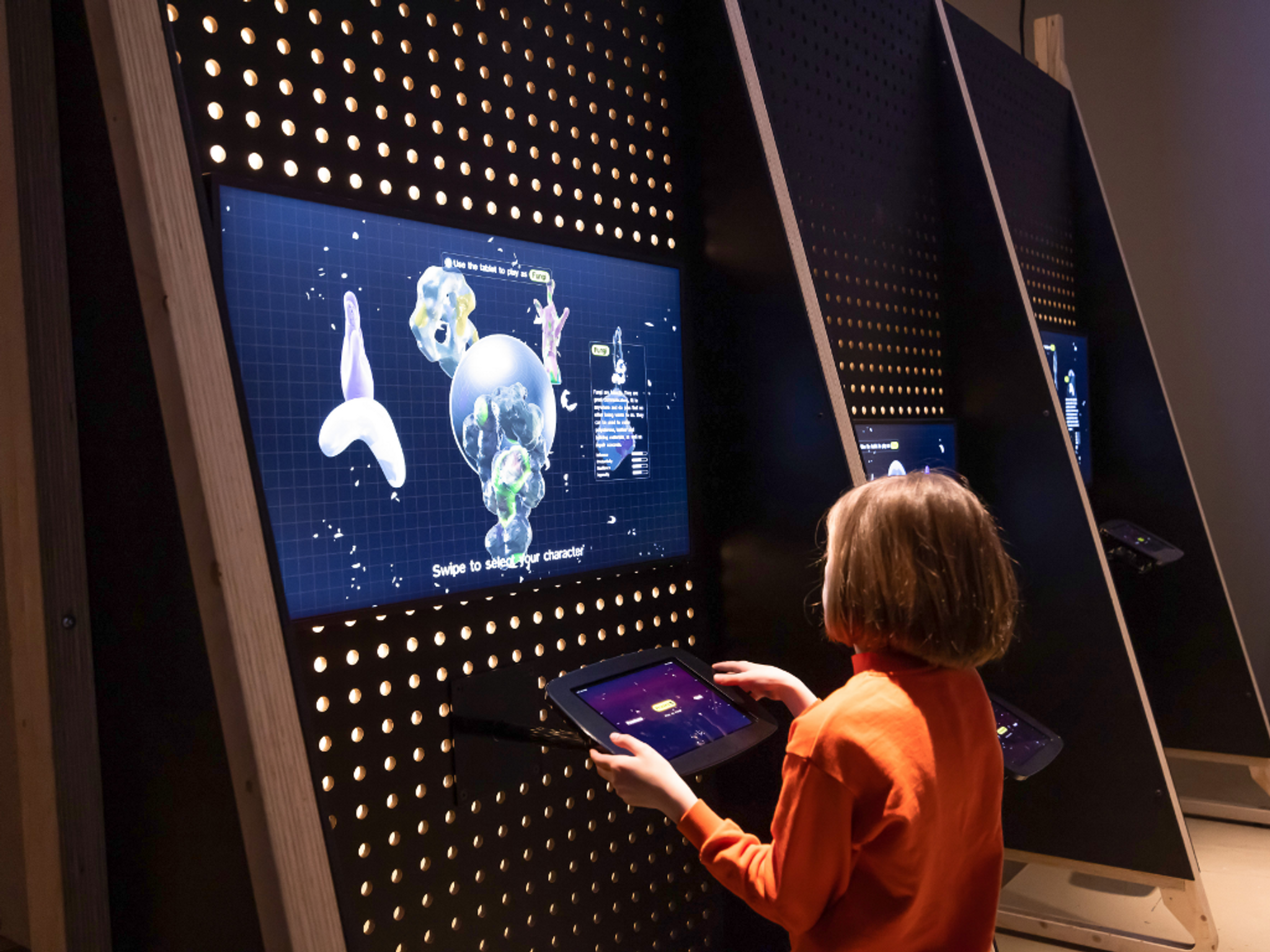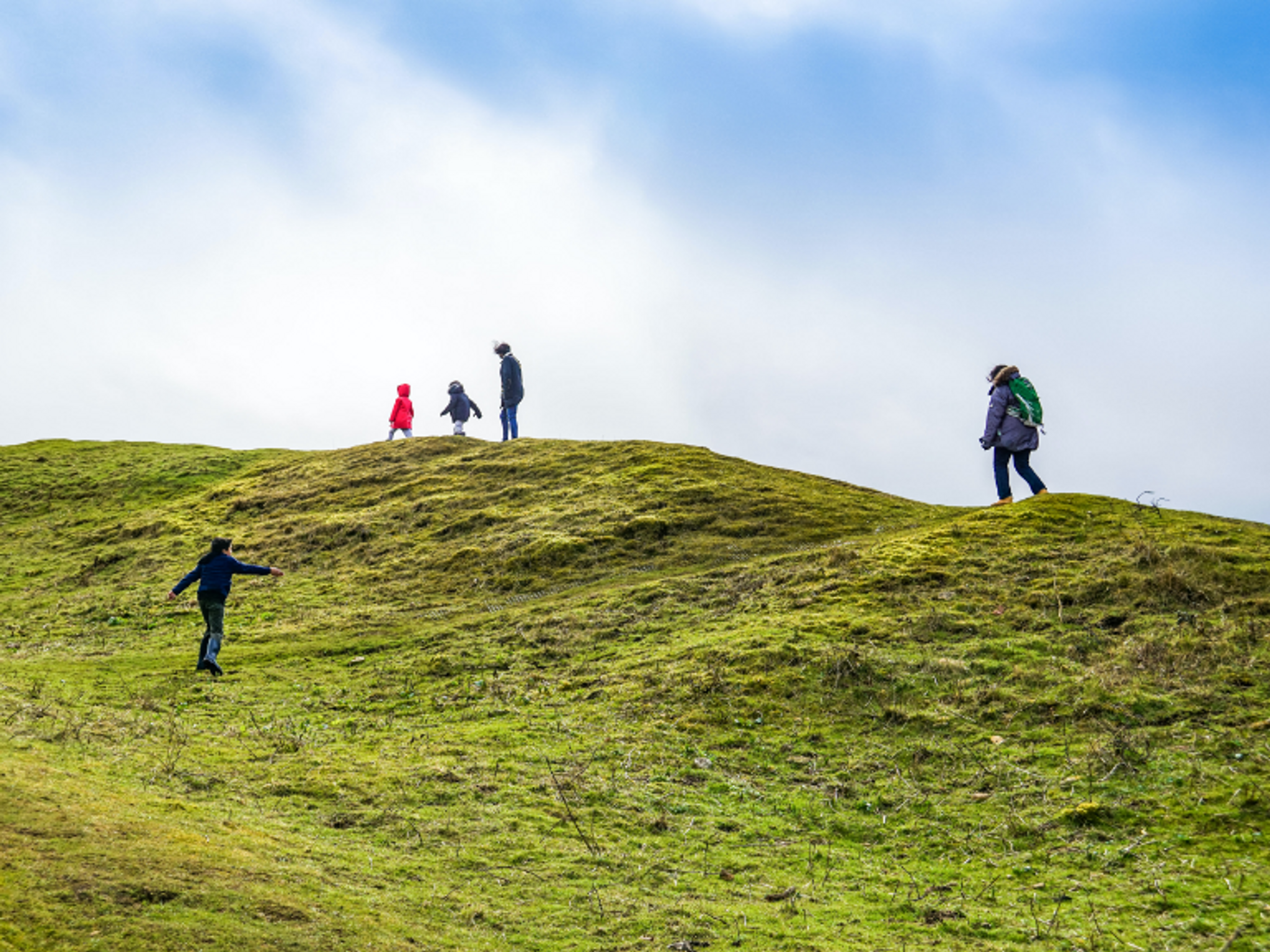Is the production of healthy food environmentally sustainable?

The UK’s food supply is contributing to a growing sustainability issue, but the impacts of this are hidden – ‘outsourced’ to countries we import our food from, such as South Africa. The UK imports nearly 50% of the food it consumes. For example, in 2017, the UK consumed 84,900 tonnes of apples, 75,000 tonnes of grapes, and 62,900 tonnes of oranges from South Africa alone. The example of South Africa is an important one, as this country is home to 10% of the world’s plant species and 7% of its reptile, bird, and amphibian species, many of which are threatened. As the conversion of natural land to cropland is currently the main driver of biodiversity loss, and agriculture is by far the most water-consuming activity, this begs the question: how are the foods we import from South Africa impacting the country’s ecosystems and resources? In other words, what are the ‘hidden costs’ to sustainable development associated with UK food consumption?
Although the conversion of natural land to cropland is the top threat to biodiversity today – more so than climate change and pollution – we need cropland to ensure sufficient food for growing global consumption. Nevertheless, biodiversity is vital to the health of both people and the planet. Ecosystem services, such as pollination and pest control, are essential for the production of many of the crops we humans depend on to thrive and survive. The sustainability of agricultural development is therefore essential to the future of humankind. Yet, to date, we have expanded and intensified our agricultural systems to the detriment of biodiversity, threatening the healthy functioning of ecosystems.
It is a complex issue, particularly when we consider that people in both developing and developed nations are not getting enough healthy foods, including fruits and vegetables, in their diet – which leads to serious health problems, such as heart disease and some forms of cancer. This introduces a trade-off where there is no easy, win-win solution. If we aim to produce more food using the approaches we do currently, we might be able to ensure the accessibility, affordability, and availability of healthy foods in the short term. However, doing this to the detriment of biodiversity will not be sustainable in the long term.
The issue is complicated further still by inequalities. Wealthier nations such as the UK have been outsourcing their environmental impacts. Until recently, data to show which crops and countries are the biggest culprits were difficult to access and analyse. Our research in the UCL Institute for Sustainable Resources, in the Sustainable Food Systems group led by Dr Carole Dalin, aims to quantify the environmental impacts of food production and consumption, highlighting priority areas and commodities for which we need to minimise these impacts most urgently.
The Sustainable and Healthy Food Systems (SHEFS) project, published in 2022 by Dr Sara Bonetti, Dr Carole Dalin, and others, quantified the sustainability of water used for 17 major crops in South Africa, both recently and in the future, under different climate change scenarios. These researchers found evidence of unsustainable production, where water use exceeded available resources for potatoes, pulses, grapes, cotton, rice and wheat in South Africa’s arid areas. This problem was shown to intensify under future climate change (2010-2090), and the researchers highlighted the importance of land-use planning that is mindful of crop water requirements and water resource availability for the future of food security in this country.
Over the last year, Dr Abbie Chapman and Dr Carole Dalin have been working with researchers at the London School of Hygiene and Tropical Medicine and University of Kwa-Zulu Natal to measure the pressures being placed on biodiversity by the production and consumption of healthy food crops in more countries. Their work focuses on the UK, India, and South Africa, as well as their trade partners across the world. Their research enables them to quantify the biodiversity pressure that the UK is outsourcing to feed UK people for the first time.
By emphasising the pressures associated with food production, the findings of this group’s research will inform more sustainable decision-making. Sharing maps of impacts with policymakers enables them to see the trade-offs and consider alternative futures, with respect to trade, growing technologies and farming approaches, and the foods which should be contributing the most to our healthy diets.
We have just seven years until the UN Sustainable Development Goals are intended to be met. Yet trade-offs between food security, life on land, human health and equality, complicate decision-making. Now, we are looking beyond trade-offs to find the best solutions for specific crops, in each country, and a more sustainable future for all. Our research in UCL’s Institute for Sustainable Resources, part of the SHEFS project, plus BIOTA, TRADE Hub and FLORA among others, will contribute to this goal.




